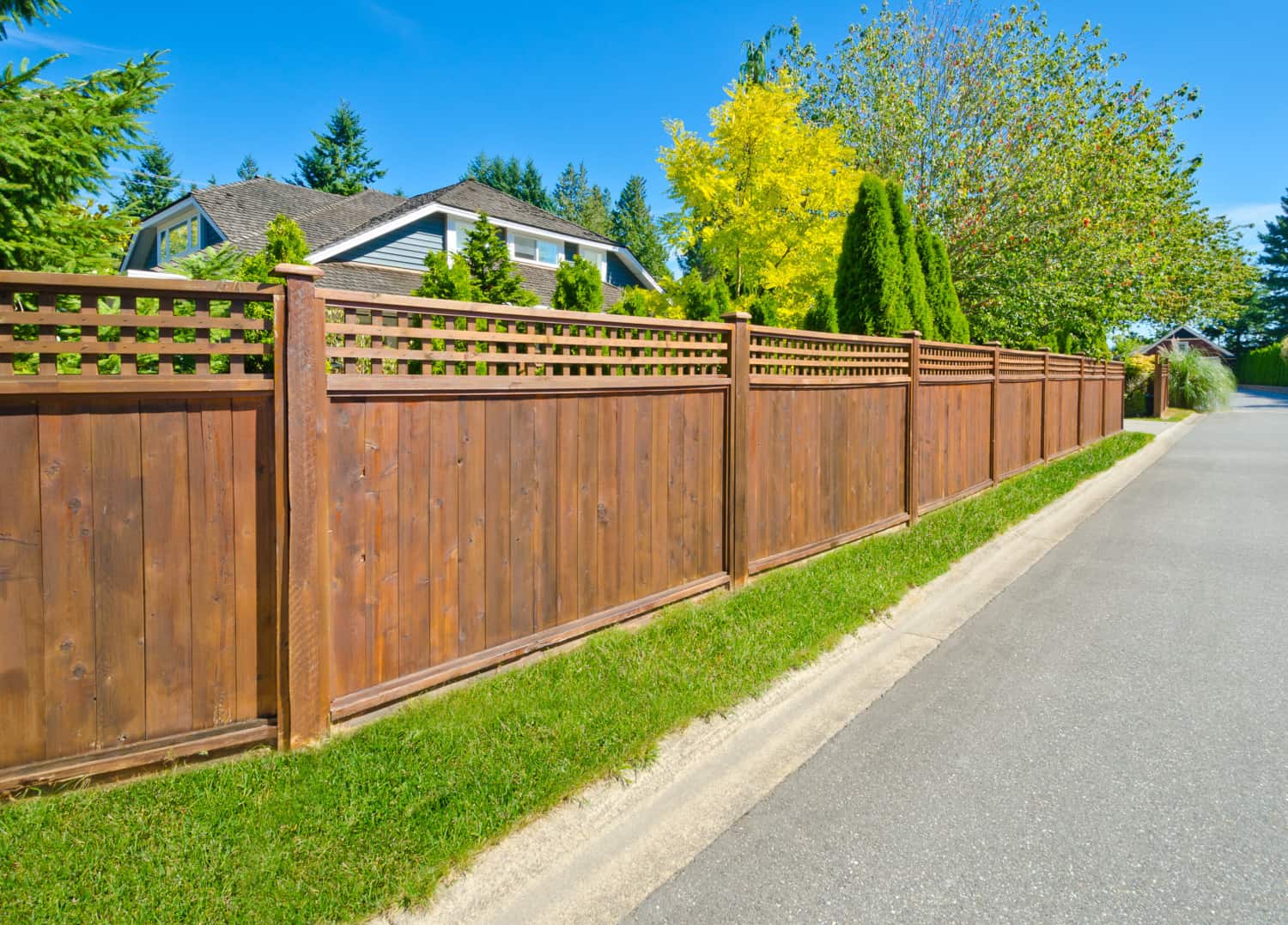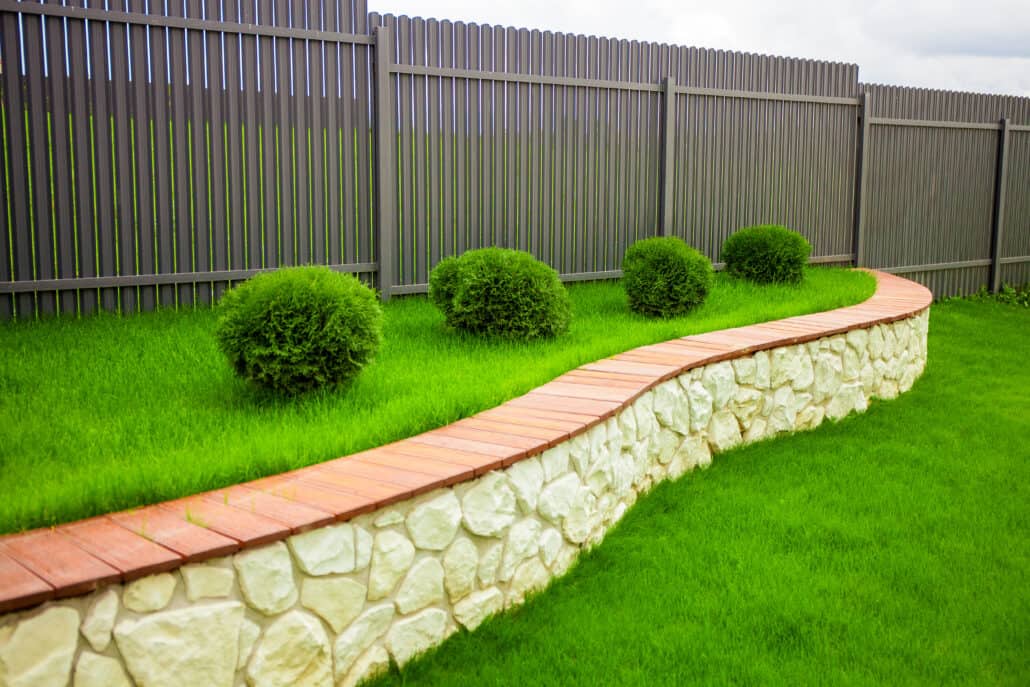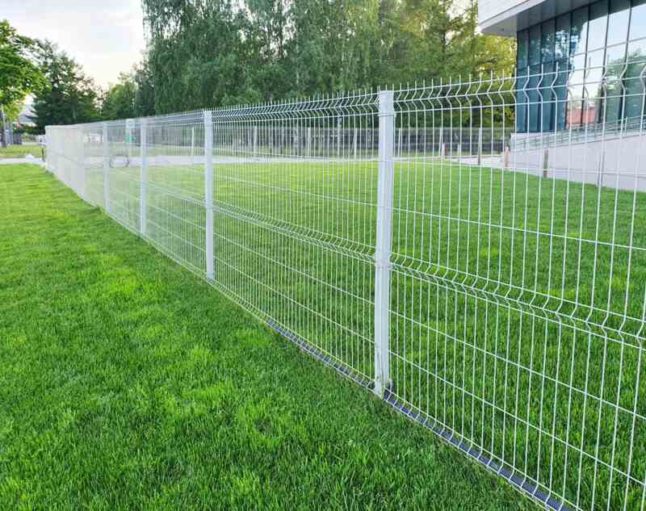All Categories
Featured

Selecting the right secure fencing material is essential for accomplishing the equilibrium of durability, appearances, and capability that fits your building. Timber, plastic, and light weight aluminum are popular options, each with one-of-a-kind attributes that deal with certain demands. Here's a comprehensive take a look at the advantages and disadvantages of these three products.
Timber Fencing. Pros:. Classic Appeal: Timber supplies a natural, timeless look that enhances different architectural styles. Adjustable: It can be repainted or discolored in a range of styles and colors. Economical: Timber fencings are typically cheaper upfront than plastic or light weight aluminum. Eco-Friendly: As a renewable source, wood is naturally degradable and lasting when sourced properly. Disadvantages:. Maintenance-Intensive: Requires routine discoloration, paint, or securing to shield versus weather and insects. Shorter Life Expectancy: Depending upon the sort of timber and environment, it generally lasts 10-15 years. Vulnerability to Damages: Prone to decomposing, warping, and termite damage without correct care. Wood is excellent for home owners who value visual appeals and are ready to invest effort and time in maintenance to prolong its life.
Plastic Fencing. Pros:. Durable: Resistant to parasites, rot, and climate, vinyl preserves its structure in harsh problems. Low Maintenance: Requires little upkeep past occasional cleaning. Lengthy Life expectancy: Plastic can last 20-30 years without substantial wear or damage. Functional Designs: Offered in different shades, textures, and styles, including choices that mimic timber. Cons:. Pricey Installation: Vinyl fencings are much more expensive to mount compared to wood. Brittle in Winter: Vinyl can fracture in severe cold environments. Hard to Repair work: If harmed, entire areas might require substitute, which can be challenging to match. Plastic secure fencing is a terrific option for those prioritizing longevity and marginal upkeep, even if it features a greater in advance cost.

Aluminum Fencing. Pros:. Rust-Resistant: Light weight aluminum does not corrosion, making it excellent for damp or damp locations. Strong yet lightweight: Offers stamina without being excessively heavy, which streamlines installation. Low Upkeep: Needs little bit even more than cleaning and periodic repainting. Longevity: Aluminum fences can last for decades without significant degeneration. Stylish Layouts: Usually made use of for attractive purposes, aluminum adds elegance to any kind of residential property. Disadvantages:. High Initial Cost: Light weight aluminum fencings are among the a lot more pricey alternatives. Limited Privacy: Frequently developed with open areas, they do not obstruct sights or noise. Susceptible to Dents: While strong, light weight aluminum can be dented or curved with hefty effect. Light weight aluminum is finest suited for those that desire a long-lasting, trendy fencing and do not need complete personal privacy.
Making the Right Selection. Each material has its toughness and weak points:

Timber is ideal for eco-conscious purchasers and traditional appearances that do not mind maintenance. Vinyl benefits homeowners looking for a weather-resistant, low-maintenance service. Aluminum is a resilient, attractive option for those who want beauty and durability. Consider your top priorities-- whether it's expense, look, upkeep, or personal privacy-- and get in touch with a fence professional to pick the product that ideal satisfies your demands. A well-selected fence will certainly improve your building for years ahead.
Latest Posts
The Benefits of Consistent Auto Maintenance at Montclare Auto Repair Keeps Your Wallet Happy
Published en
1 min read
Unlock WyHy Federal Credit Union – Top Benefits for Your Future
Published en
1 min read
Check Out Budget-Friendly Auto Repairs with Montclare’s Exclusive Service Specials
Published en
1 min read
More
Latest Posts
The Benefits of Consistent Auto Maintenance at Montclare Auto Repair Keeps Your Wallet Happy
Published May 26, 25
1 min read
Unlock WyHy Federal Credit Union – Top Benefits for Your Future
Published May 25, 25
1 min read
Check Out Budget-Friendly Auto Repairs with Montclare’s Exclusive Service Specials
Published May 24, 25
1 min read